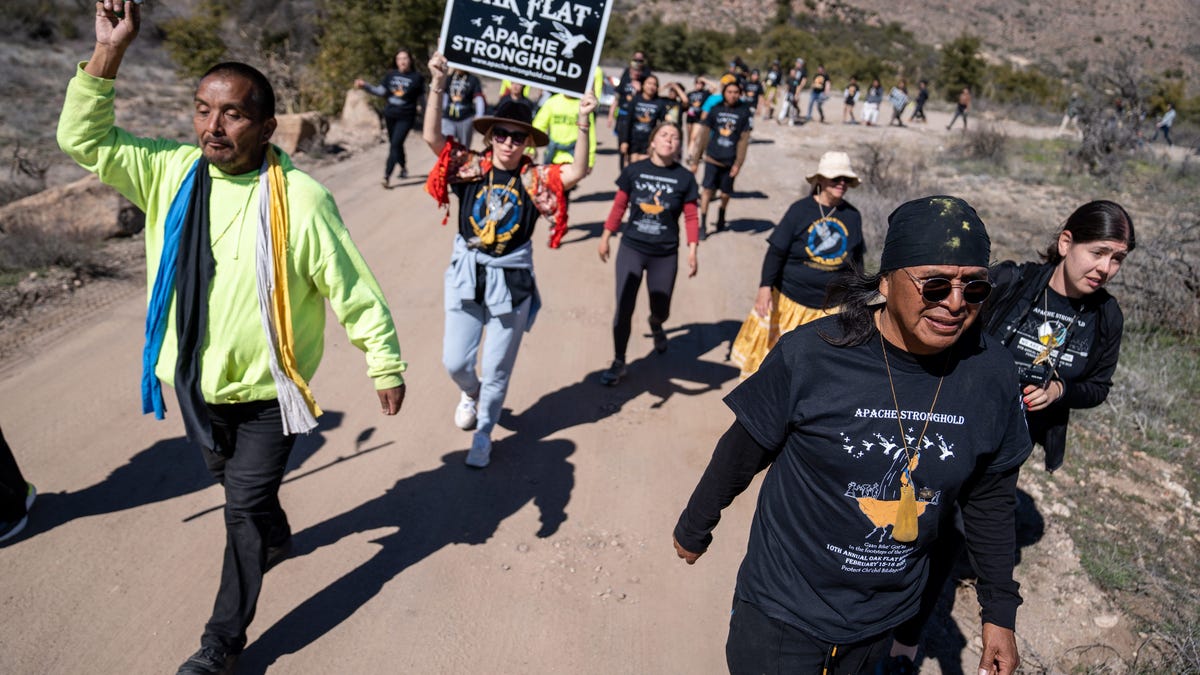SCOTUS justices clash over ban on gender-affirming care for minors
The Justice Department and ACLU argued before the Supreme Court that a ban on gender-affirming care for minors is discrimination based on sex.
WASHINGTON – The Supreme Court on May 27 declined to get involved in a dispute about mining on land sacred to the San Carlos Apache Tribe, a case that religious groups backed to test the scope of a 1993 federal law protecting religious freedom.
Dozens of churches and religious groups urged the court to hear the challenge from members of the tribe, who are represented by a prominent religious rights law firm.
Lawyers for the Becket Fund for Religious Liberty said courts are far too apt to dodge the question of what qualifies as an improper burden on religion under the Religious Freedom Restoration Act.
Two of the court’s conservative justices − Neil Gorsuch and Clarence Thomas − said they would have taken the case.
Another conservative justice, Samuel Alito, said he did not participate in the decision. Alito did not give a reason for his recusal.
The case the court declined to hear involves a section of the Tonto National Forest in Arizona that sits atop the world’s third-largest deposit of copper ore.
In 2014, Congress handed over 2,422 acres in the region to a private mining company, Resolution Copper, in exchange for other land in Arizona.
Apache Stronghold, an advocacy group representing some members of the San Carlos Apache Tribe, sued to block the transfer. The Apache Tribe says the site − called Chí’chil Biłdagoteel, or Oak Flat – is their direct corridor to the Creator and is needed for religious ceremonies that cannot take place elsewhere.
Under the Religious Freedom Restoration Act, the government cannot “substantially burden” a person’s exercise of religion without a “compelling governmental interest.”
The federal government said the Supreme Court has previously ruled that the law doesn’t apply when the government is dealing with its own property.
But Mark Rienzi, president of the Becket Fund for Religious Liberty, said it’s obvious that tribal members’ religious expression is being hampered.
“Of course, it’s a burden on their religion when you blow up their sacred site and they can’t worship there,” Rienzi said. “That’s just plain English.”
The mining company said that interpretation of the law would allow one person to block any use of public land except their own if they sincerely believed some activity − “be it camping, hunting, fishing, hiking or mining” – destroyed the land’s sanctity.
Resolution Copper also said its project has the potential to supply nearly one-quarter of the nation’s copper needs to help with the transition to clean energy and other national priorities.
Earlier this month, a federal judge in Arizona temporarily blocked the federal government from moving forward with the land transfer until the Supreme Court acted on the appeal.
